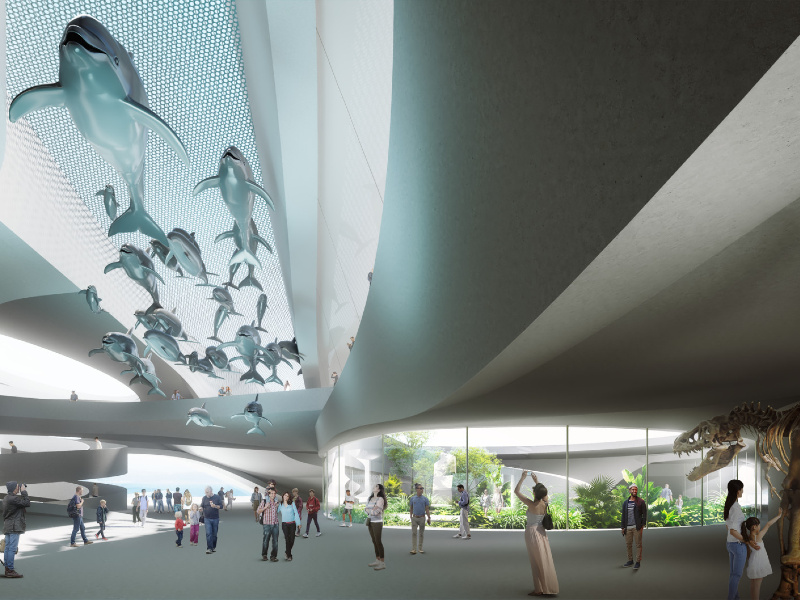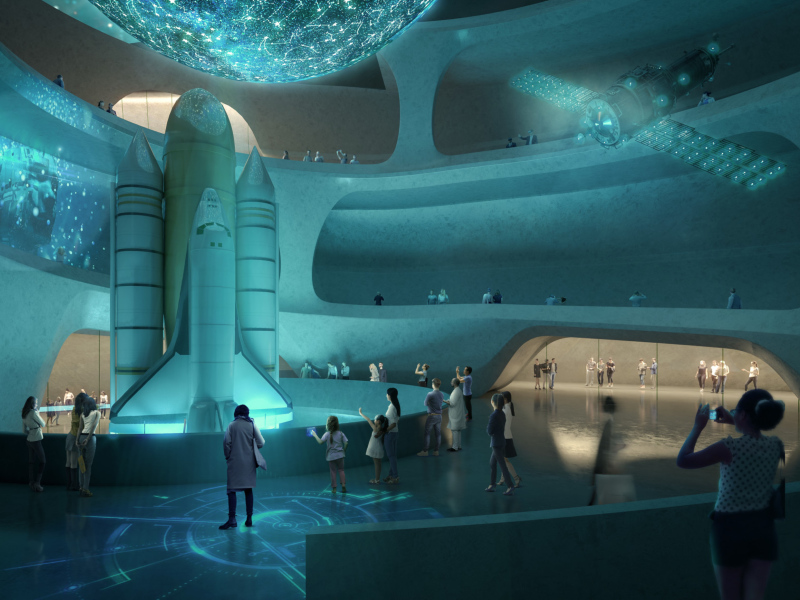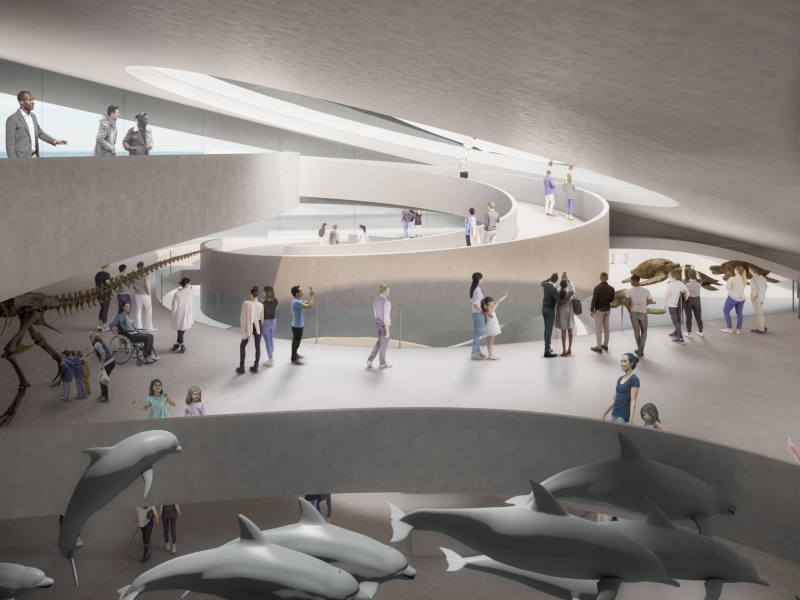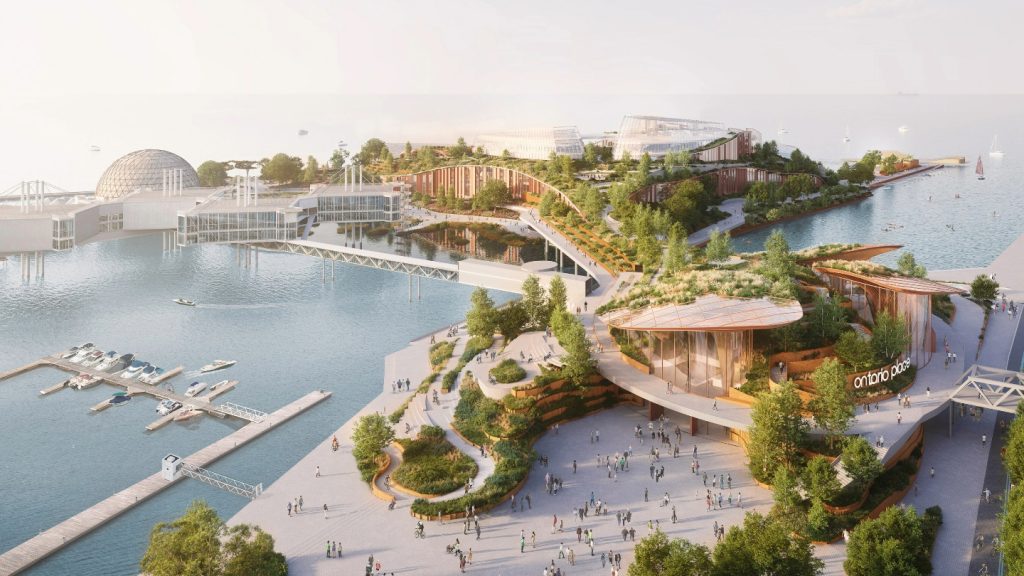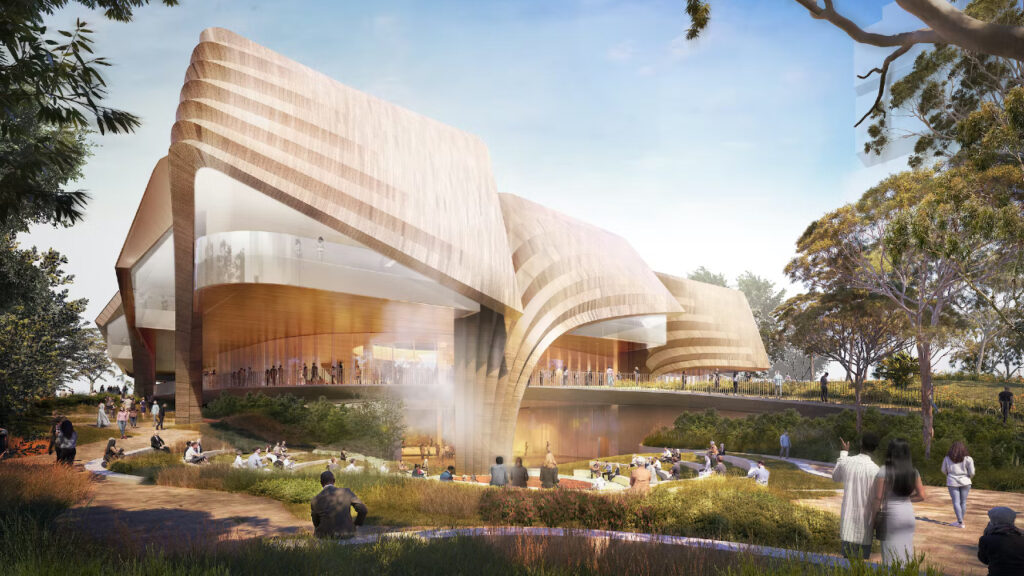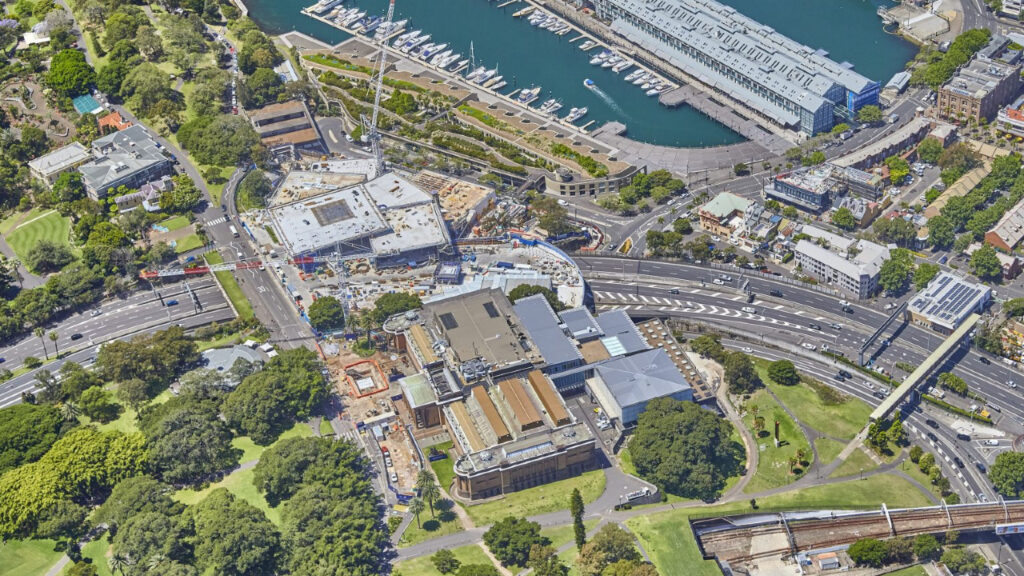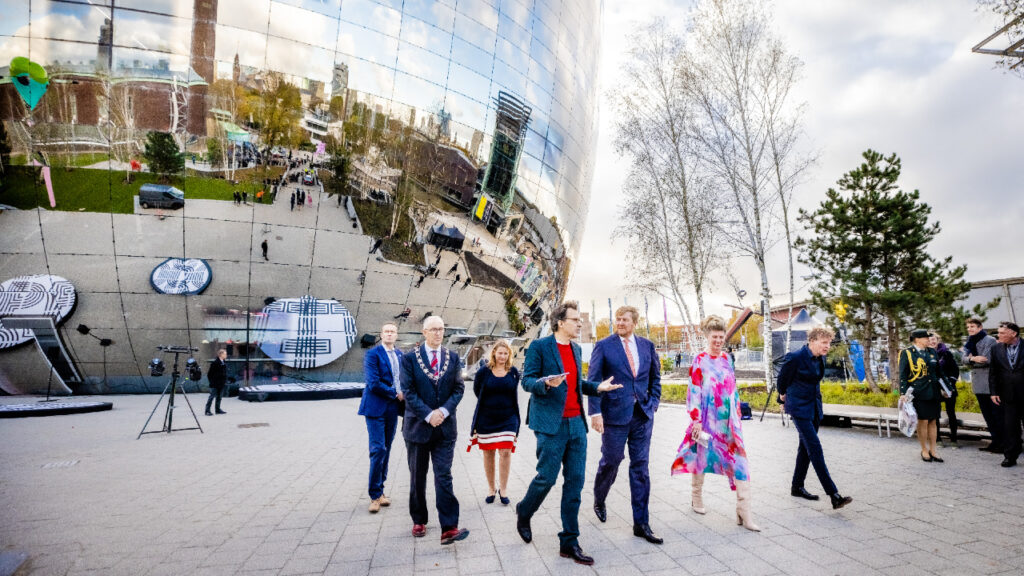The proposed MOSH Genesis project will involve building a museum building in Jacksonville, Florida. The museum was proposed by the Museum of Science & History (MOSH), a private, non-profit organisation.
MOSH has been operating at a facility on the Southbank of downtown Jacksonville since 1969. The company will move to the new location upon completion of the Genesis project. The estimated investment in the project is $85m.
Plans for the facility were first announced in October 2020. Jacksonville’s Downtown Investment Authority (DIA) approved the land disposition plan for the new site in January 2022. Construction of the project is expected to begin in 2023, with the building expected to open in 2025.
The MOSH Genesis project is expected to create 670 direct and 1,200 indirect jobs during its construction phase, as well as 480 permanent jobs when complete.
Location of MOSH Genesis
The existing 77,000ft² (7,153.5m²) building has been deemed inadequate to meet MOSH’s increasing demands. The new museum is planned to be built on a four-acre parcel of land in the Shipyards East area on the Northbank of downtown Jacksonville.
MOSH Genesis design details
Covering a 130,000ft² (12,077m²) area, the new building is intended to expand MOSH’s capacity to serve more students and visitors.
It is expected to serve 58,000 students and 469,000 visitors a year, an increase of 50% and 168% respectively from before the Covid-19 pandemic.
The MOSH Genesis facility will feature a reimagined design that aims to provide an accessible, immersive and technologically advanced experience for visitors.
The St Johns River in Florida will be incorporated into the design to connect the building to the environment. The museum’s rooftop will be designed to provide views of the city and river from a new vantage point.
In addition, the facility will feature dedicated spaces for exhibitions, classes and events. Space will also be allocated to a new Bryan-Gooding Planetarium, which is also present at the existing facility.
The new museum is intended to create a public gathering space for learning and experiential education, as well as provide immersive digital experiences and learning opportunities to shape job skills for future workforce.
MOSH Genesis features
MOSH Genesis will comprise three main ecosystems, namely the Natural, Cultural and Innovation ecosystems.
The Natural ecosystem will showcase live animal exhibits and natural history collections, focusing on the ecology and environment of Jacksonville.
The Cultural ecosystem will accommodate a diverse array of perspectives from the past, present and future. It will allow local citizens to share their passion, skills and knowledge on different topics with visitors.
The Innovation ecosystem will feature spaces for visitors to design, build, experiment, test and create innovative concepts. It will host programmes to support the development of new ideas. Space will also be given to demonstrations, lectures and performances.
Food and beverage and onsite catering options will be explored to generate more revenue for the museum. The MOSH Nosh Café will aim to meet visitors’ requirements.
The Digital Dome will incorporate technology to interpret big data to enhance the planetarium experience.
Financing for the project
Funding for MOSH Genesis will be secured from both public and private sources. A total of $60m of state and local funding will be given to support the project.
In 2019, MOSH launched a capital campaign to revitalise the institution. The campaign aims to raise $25m from individuals, foundations, businesses and other community stakeholders to fund the new museum’s construction.
Contractors involved in the project
MOSH selected US-based architecture design firm DLR Group as the lead architect for the Genesis project.
DLR Group is supported by local architecture company kasper architects + associates and SCAPE, a landscape architect based in New York.
A joint venture of Balfour Beatty, a multi-national construction services provider, and local design-build company Stellar, was appointed to oversee the project’s construction.

